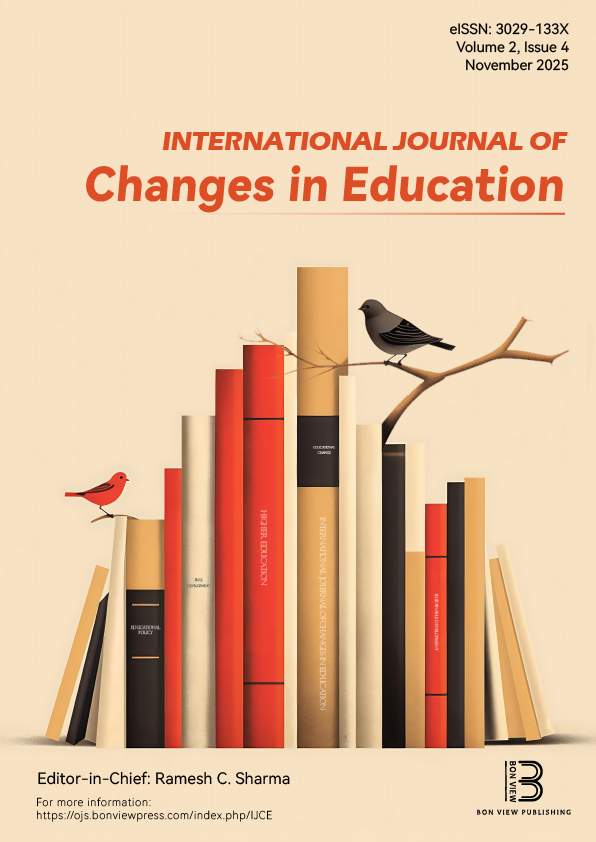When Higher Education Engages Glocal Challenges of Sustainable and Equitable Development: A Promising Way Forward
DOI:
https://doi.org/10.47852/bonviewIJCE52024799Keywords:
sustainable development, environmental degradation, poverty alleviation, transnational competence, youth, higher educationAbstract
Sustainable and equitable development requires comprehensive and collaborative initiatives that avoid and remedy environmental harms and remove and alleviate poverty-contributing factors. This review article presents a promising way forward for universities to engage in sustainable development challenges that build on South-North collaboration and the interests, dedication, energy, and contributions of today's youth. First, we introduce critical dimensions of the contemporary global challenge of sustainable development along with their interconnected features. We next review the crucial sustainable development Higher-Education roles and gaps of tertiary education institutions along with encouraging educational approaches. Then, we set forth three innovative initiatives that, implemented collectively, promise to address prevailing shortcomings in the ways that universities currently approach these challenges. The linked initiatives are (1) transnational competence curricula and preparation, (2) South-North Higher Education Consortia, and (3) a Global Challenges Corps staffed by a transnational cadre of higher education graduates and professionals. These proposals are accompanied by a detailed evaluation framework. The world's institutions of higher learning are strategically positioned to distinguish and address current and upcoming challenges of sustainable development. In combination, our three proposed initiatives offer tertiary-level institutions a breakthrough approach for preparing current and future students interested in gaining valuable sustainability problem-solving skills. By embracing the institutional change pathways elaborated here, forward-looking universities will move to a far stronger position from which to provide tomorrow's students with valuable skills and experiences for tackling forthcoming glocal socio-ecological challenges.
Received: 14 November 2024 | Revised: 4 March 2025 | Accepted: 14 May 2025
Conflicts of Interest
The authors declare that they have no conflicts of interest to this work.
Data Availability Statement
Data sharing is not applicable to this article as no new data were created or analyzed in this study.
Author Contribution Statement
Peter H. Koehn: Conceptualization, Writing – original draft, Visualization. Phyllis Bo-yuen Ngai: Conceptualization, Writing – review & editing, Visualization.
Downloads
Published
Issue
Section
License
Copyright (c) 2025 Authors

This work is licensed under a Creative Commons Attribution 4.0 International License.


